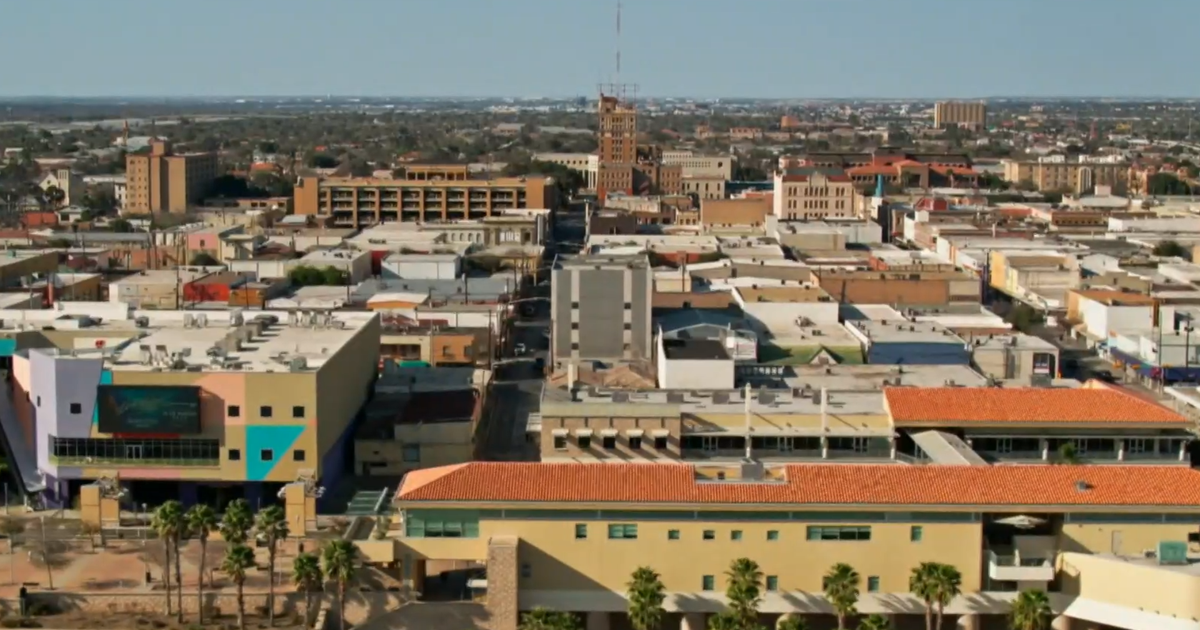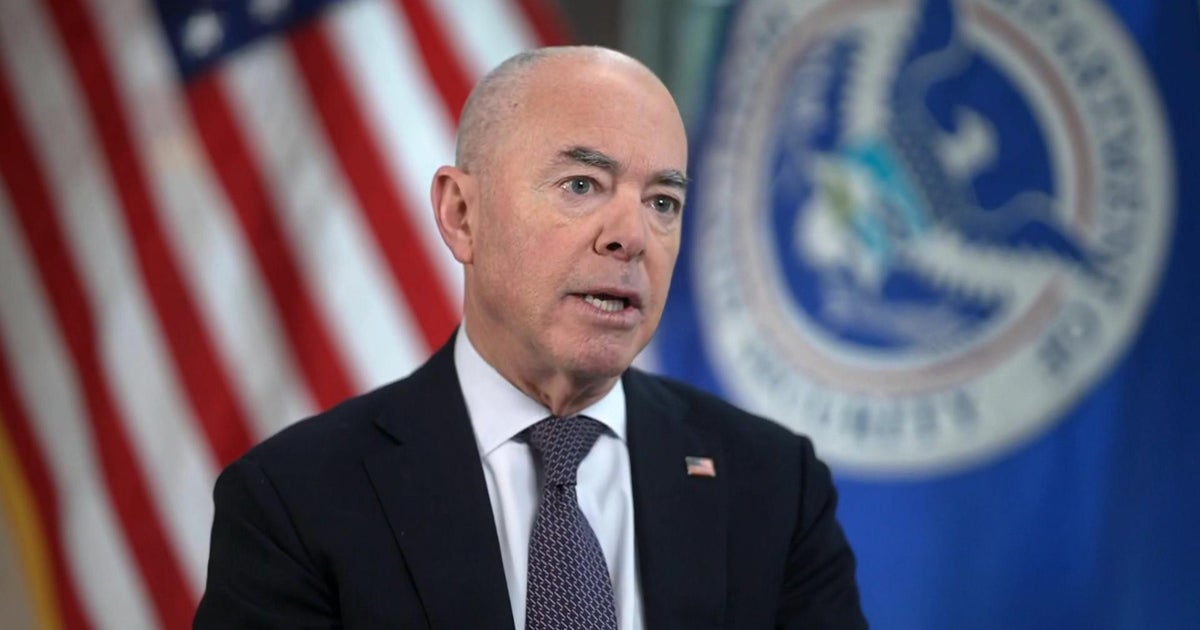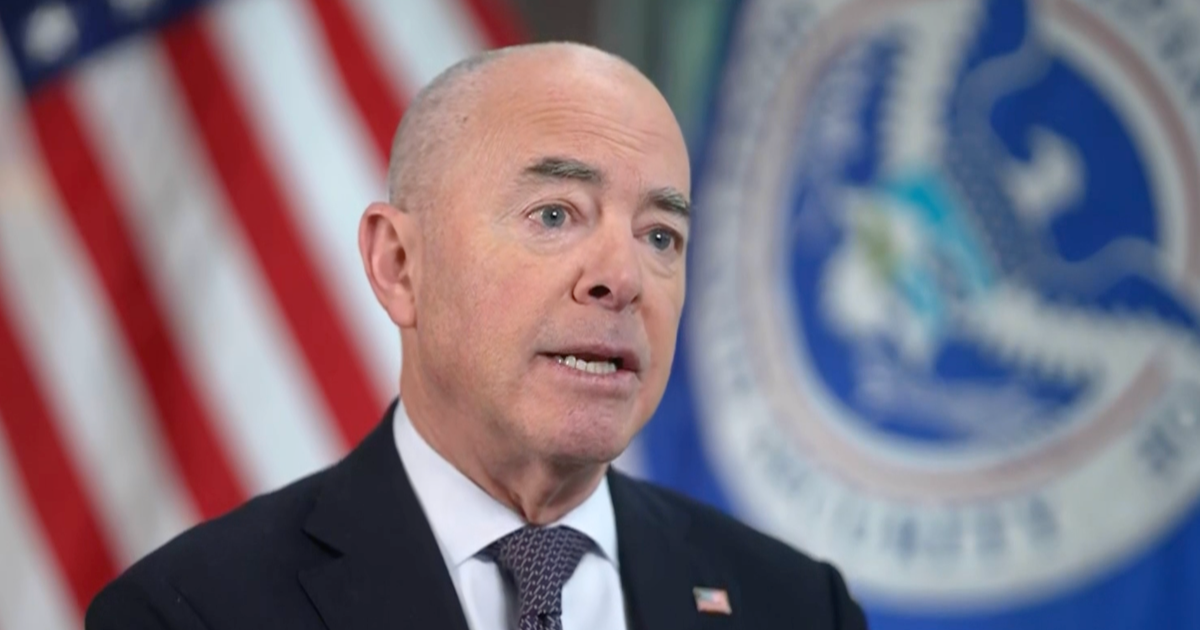Why southern border towns are frustrated by the immigration debate

The U.S.-Mexico border as described on the campaign trail or seen on the news can easily create a picture of all border towns as lawless and chaotic.
But the reality is more nuanced, as a CBS News crew learned during a 1,600-mile trip from McAllen, Texas, to the California coast.
Laredo, Texas, was ranked as one of the safest cities in the state, according to analysis from the CBS News data team. Mayor Victor Trevino said his city is not the Wild West he often sees depicted.
“The cartels, there’s crime and this and that, which is not true,” Trevino told CBS News.
He points to a different kind of surge, in which $320 billion in microchips, produce and General Motors and Tesla car parts come by train and truck annually through the Port of Laredo, America’s busiest port of entry.
About 500 miles west, in Presidio, Texas, restaurant owner Hector Armendariz sees people leaving Presidio for better paying jobs, including his three children.
“They’ve left and they don’t come back,” Armendariz said. “All our kids leave and they don’t come back.”
Presidio Mayor John Ferguson says the local economy relies on hundreds of Mexican citizens who legally cross the border every day to work in restaurants or oil fields. Ferguson believes Presidio would be in “serious trouble” if it was harder for Mexican residents to come across the border to work.
“Like, you know, the pandemic, where you didn’t have enough workers and things would slow down and…certain sectors might kind of dry up,” Ferguson said.
Philip Skinner, mayor of Columbus, New Mexico, says that without border trade, many border towns would shrink, and that would come with unexpected consequences. For example, Skinner explains, there are no dentists in Columbus, but there are about 10 dentists just across the border in Puerto Palomas, Mexico. Columbus residents who need dental work will travel to Mexico, Skinner said.
Arizona borders Mexico for more than 350 miles and it is a drug smuggling hotspot. According to U.S. Customs and Border Protection, in the 2024 fiscal year, 66% of the fentanyl seized on the U.S.-Mexico border happened in the Tucson sector, which covers all the border ports in Arizona.
Donald Huish, mayor of Douglas, Arizona, was in favor of the bipartisan Senate border bill that has been front and center of the presidential campaign. The bill died after criticism from former President Donald Trump.
“It would help us, because we would’ve had more Border Patrol agents,” Huish said. “…I can understand why people didn’t like the entire bill, but why stop talking about it?”
Frustration is everywhere along the border, including for Mark Dannels, sheriff of Arizona’s Cochise County, who struggles with the influx of drug mules and human smugglers.
Dannels says he isn’t necessarily optimistic or pessimistic about Cochise’s future, just uncertain.
“It’s more of an unknown because politics and the country is so divided right now,” Dannels said.
World News || Latest News || U.S. News
Source link




